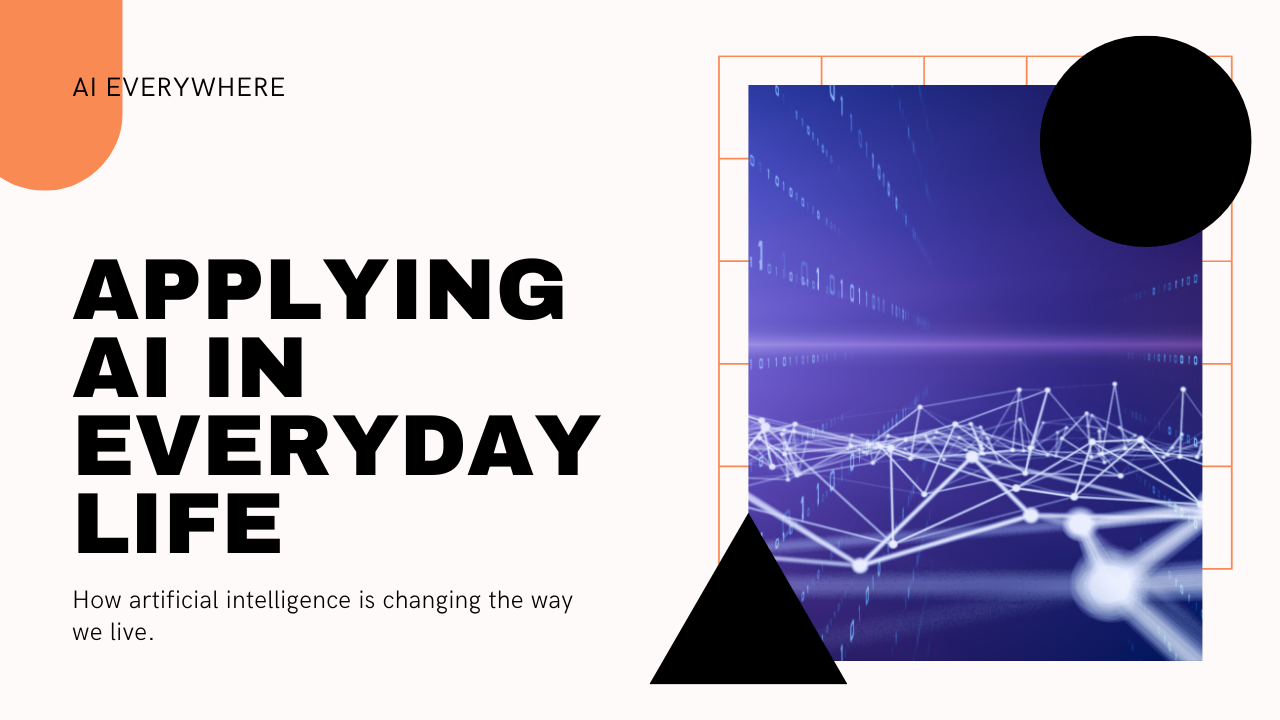What are different types of Academic Research?
Academic research refers to the systematic investigation and analysis of a specific topic or field of study. There are different types of academic research that researchers can undertake in order to generate new knowledge or advance existing theories.
- What are different types of Academic Research?
- Industrial and Academic Research
- Pure/Basic and Applied Research
- Conceptual and Empirical Research
Industrial and Academic Research
Industrial research has a commercial objective. Academic studies in construction are mostly independent of industry, although much research carried out in universities is done in collaboration with industry through funding or access to data. Academics are primarily interested in ‘know-why’, and industry is interested in ‘know-how’. Industries and academia use similar research methods, sometimes with different goals and objectives. Academia often trains researchers for the industry.
Industrial Research
Industrial research is mainly understandably Applied Research/development, sometimes designed to “destroy” competition. The results of competition-led research are often not shared publically. For example, Apple iPhone does not publicly share research for developing a new feature. However, universities publically publish industries funded research. Much industrial research is often devoted to areas of the company’s current or short-term future interest, such as research for improving existing technology.
Academic Research
Academic research is often integrated with social science to give strong fundamental basis to an issue. Academic research develops and nurtures critical thinking skills, a spirit of innovation and entrepreneurship. Academic research focuses on the real applications of theories to an issue or concept. Many but not all Academic Research develops networks of worldwide free sharing and an exchange of knowledge.
Pure/Basic and Applied Research
Applied Research is concerned with fixed problems or data rather than with fundamental principles. However, Applied Research is usually conducted to address a specific business decision for a particular organisation. However, Applied Research is mostly considered having an industrial application. Perhaps Applied Research can be understood as research that deals with practical problems.
Pure Research focused on fundamental principles. Pure Research is aligned to the academic classification of research without immediate practical application.
Basic/Pure Research
Pure Research is conducted to contribute to current knowledge for the exclusive purposes of attaining knowledge. Pure Research involves advanced development, testing and authenticating theories that are not within the present and future scenarios. Pure Research seeks results in basic principles relating to a process and seeks its relationship to outcomes. Pure Research usually conducted without a specific decision in mind. We can say that Pure Research is an initial stage of research that attempts to expand the limits of knowledge through literature review. Pure Research may not aim to solve a particular problem or issue. It is mainly used to test the general theories to find an answer. Some example of basic research questions is
- How can Lean Thinking help to mitigate delays in a project?
- What is the leading cause of delay in a project?
- How can Project Managers improve a project planning?
Finding answers to these questions does not aim to solve a problem but seeks to find potential solutions to a problem.
Applied Research
An Applied Research “strives to improve our understanding of a problem, with the intent of contributing to the solution of that problem” (Kalra et al., 2013). Applied Research is a systematic and scientific methodology. It helps to generate new knowledge and contribute to the theory. The primary focus of Applied Research is on collecting data for the advancing our understanding of real-world problems.
Both pure and applied types of research work better together. For example, a construction firm identifies that the building projects are often delayed and results in soaring cost. The organisation conducted a Pure Research with questions such as, “what are the reason of delay within a building project?” Finding an answer to this issue does not provide a solution to mitigate delay in a building project. It just provides an opportunity to explore the reason for the delay in a building project. However, finding an answer can have different approaches such as literature review to find generalised view about delays in building projects, conducting a survey within the organisation and with vendors to find the answers.
Once an organisation identifies the reasons for the delay, Applied Research is adopted to find solutions that can deal with those delays. For example- the reason of delay is “Lack of communication between contractor and sub-contractors”.
Now the organisation hypothesises that a Lack of communication between contractors and sub-contractors causes a delay in a building project. Therefore, the organisation need to identify ways of improving communication. That means the organisation is now seeking solutions that can be applied to improve communication. Again, finding the answer could have different approaches, such as literature review, survey, action research, etc.
Conceptual and Empirical Research
Conceptual research involves observing a process and formulating an abstract idea based on qualitative information. The Empirical research draws conclusions from more factual data, often numeric. Experimentation is often used as a technique to yield Empirical evidence and, in this context, embraces more than the physical carrying out of experiments, and may include techniques such as computer simulation and symbolic modelling.
Conceptual Research
Conceptual research is an understanding of something that is built or characterised by the concepts or its formations. In Conceptual studies, it is necessary to understand the subject of research before conducting effective research. Developing a hypothesis and testing it, needs a solid comprehension of its qualities and principles.
Empirical Research
As mentioned before, Experiment and Observation drive empiricism rather than theory. The central theme in Empirical research is that experiments or observations drive all evidence. The word “Empirical” refers to the testing of working theory/hypothesis adopting Observation and Experiment. Experiment and Observation produce Empirical data.
Get new content delivered directly to your inbox
-

How Humans Beat AI? Industry 5.0
How Humans Beat AI? Embracing the Human Touch in Industry 5.0 As we venture deeper into the Fourth Industrial Revolution, characterized by the fusion of AI, robotics, and other digital technologies, a new narrative is emerging: Industry 5.0. This evolution isn’t about replacing humans with technology; it’s about augmenting human capabilities, emphasizing the value of… Read more
-

Applying AI in Everyday Life
Artificial Intelligence (AI) is no longer just a buzzword or a futuristic concept; it has seamlessly integrated into our daily lives, revolutionizing the way we live, work, and interact. From simplifying tasks to providing personalized experiences, AI’s impact is profound and far-reaching. In this blog post, we’ll explore how AI is applied in everyday life,… Read more
-

Artificial Intelligence in business for individual productivity
Welcome to the digital forefront where Artificial Intelligence (AI) reshapes the way we work, learn, and solve challenges. At mandeepsaini.com, under the guidance of Dr. Mandeep Saini, a distinguished expert in supply chains, procurement, and project management, we delve into the world of AI, demystifying its complexities and exploring practical applications. This blog post, offers… Read more
-

Inventory Types and Demand Management in Global Supply Chains
Inventory Types and Demand Management In the complex global supply chain management world, understanding the nuances of inventory types and demand management is crucial for businesses seeking to streamline operations and reduce costs. This blog post delves into the vital aspects of inventory management, shedding light on strategies and tools essential for minimizing inventory within… Read more
-

The Essence of Lean Thinking in Supply Chains
LEAN THINKING Mastering Lean Methodology: Eliminate Waste & Boost Efficiency In the dynamic realm of lean thinking, understanding and eliminating waste stand paramount for driving efficiency and value. From Toyota’s revolutionary practices, lean thinking has transcended industries, offering a blueprint for operational excellence. This exploration delves into the core types of waste identified in lean—Muda,… Read more
-

Transforming Business and Life with Lean Tools
The Art of Lean Living. Transforming Business and Life with Lean ToolsLean Living principles, including Lean Methodology, Just-in-Time Production, Value Stream Mapping, Overall Equipment Effectiveness, Continuous Improvement, Error Proofing, Root Cause Analysis, 5s System, Six Sigma, SMED, Total Productive Maintenance, Hoshin Kanri, Gemba, and Andon. It explains their applications and techniques for both business and… Read more

Leave a Reply